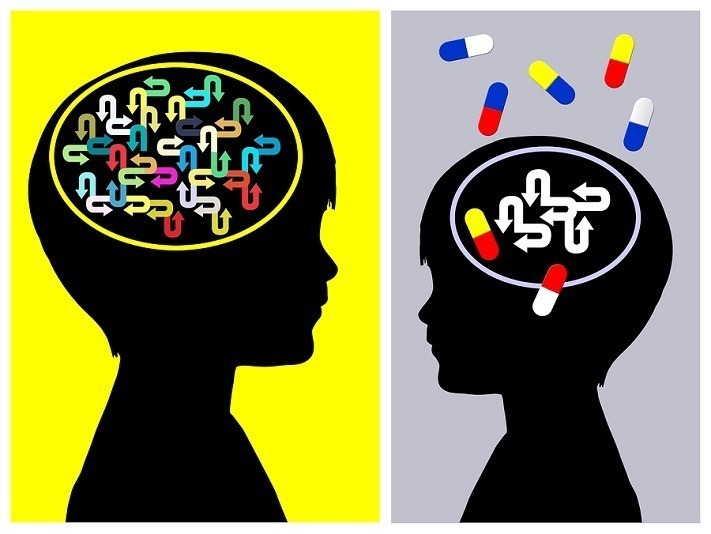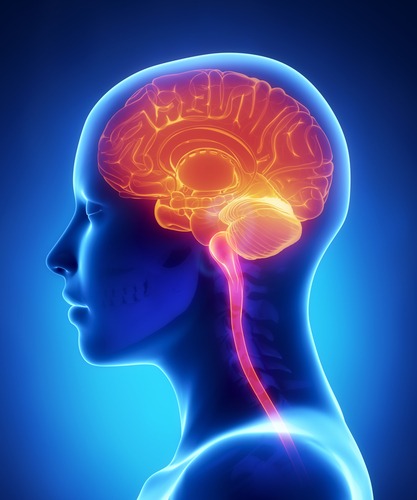Posts Tagged ‘stimulant medication’
What should come first to treat ADHD in children, behavior therapy or stimulant medication?
Stimulant medication treatment and behavior therapy are currently the two child ADHD treatments with the strongest research support. However, when parents begin treatment for their child, or when professionals are initiating treatment with a new client, there is no research to guide the decision of which approach to begin with. Is it better to start with…
Read MoreWill digital therapeutics complement or replace stimulant medications to address inattention and “silent” cognitive issues?
___ Akili Interactive: Digital pediatric ADHD therapeutic performs well with or without accompanying stimulant therapy (MobiHealth News): “Digital therapeutic company Akili Interactive has announced the first results of an open-label, multisite pediatric ADHD trial providing some patients with the company’s video game-like treatment alongside a stimulant medication. According to the company, both those who received…
Read MoreStudy: Having ADHD costs $1.1 million in lower lifetime earnings, even when “treated”
Relatively few studies have examined the impact of childhood ADHD on long-term financial outcomes, even though becoming self-supporting and attaining financial independence is an important developmental task. An especially comprehensive look at this issue is provided in a study by Pelham et al published recently in the Journal of Consulting and Clinical Psychology. The Study: Participants…
Read MoreInitial study finds promise and limitations in using virtual reality (VR) to treat ADHD
___ Given the limitations of existing evidence-based ADHD treatments, i.e., stimulant medication and behavior therapy — research on novel intervention approaches continues to be important. Cognitive training is one such approach that has been suggested as a potential adjunct or even replacement for medication treatment. While cognitive training takes different forms, e.g., computerized attention training,…
Read MoreStudy: Cognitive Behavioral Therapy (CBT) + Medication outperforms CBT alone to treat ADHD symptoms among adults. At the same time…
Although medication is the primary treatment for adults with ADHD, and has good empirical support, many adults would rather not take it. For these adults with ADHD, it would be helpful to know whether medication is likely to provide significant benefits above and beyond those they would gain from well-conducted therapy, or whether they are…
Read MoreADHD & the brain: Does ADHD treatment improve long-term academic, social and behavioral outcomes?
. The ADHD challenge The core symptoms of ADHD frequently cause significant impairment in academic, social and behavioral functioning that adversely impact individuals’ quality of life. These symptoms often persist into adulthood, potentially compromising an individual’s functioning over many years. Understanding how ADHD impacts long-term functioning, and whether adverse long-term affects are diminished with treatment, is
Read More





